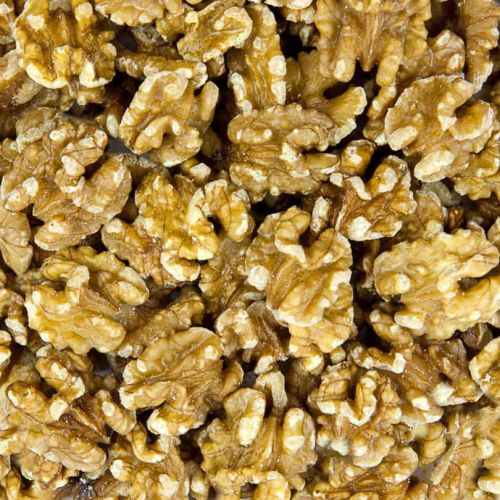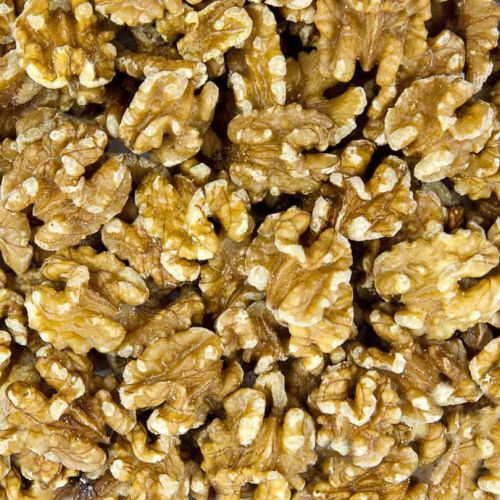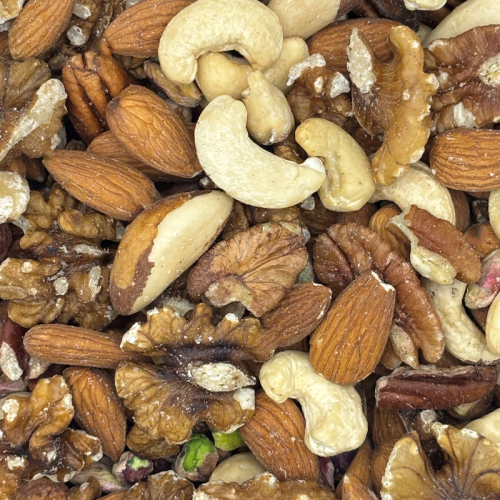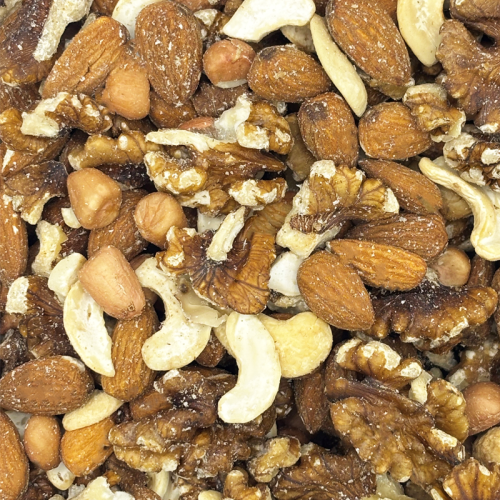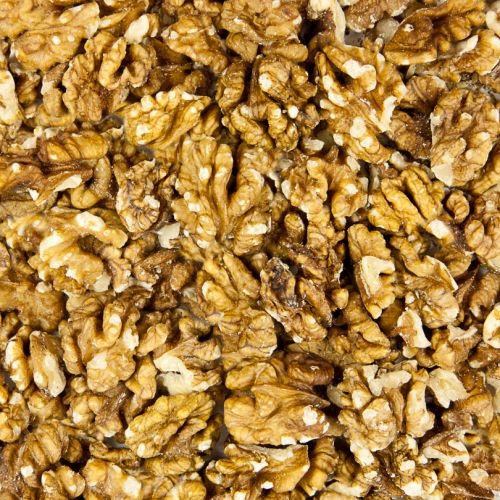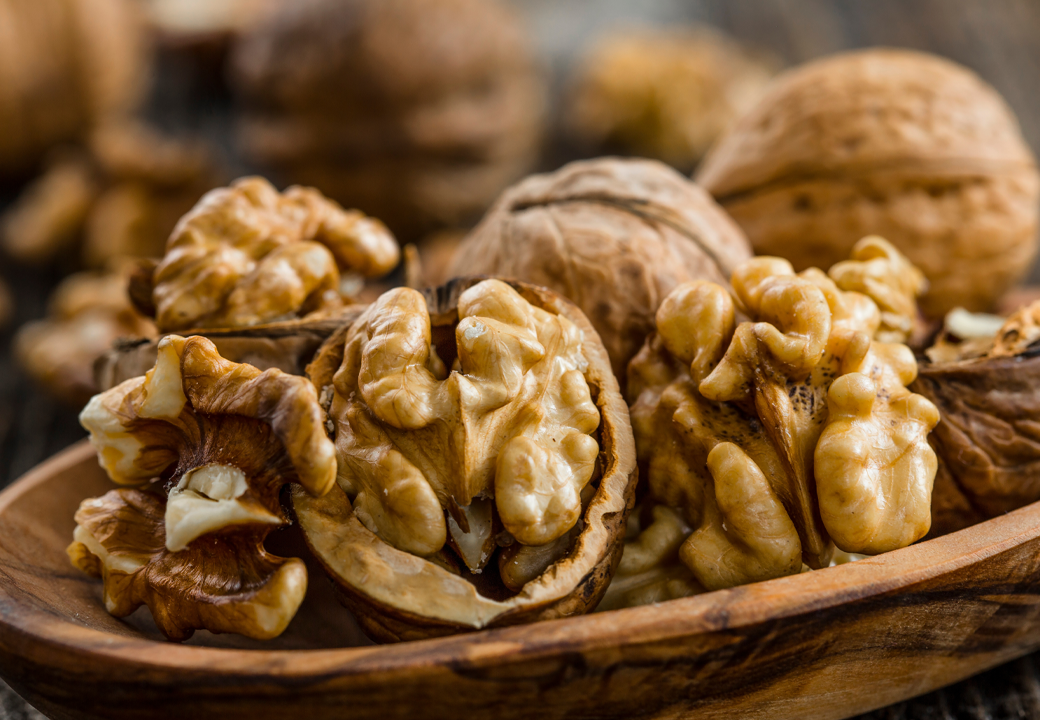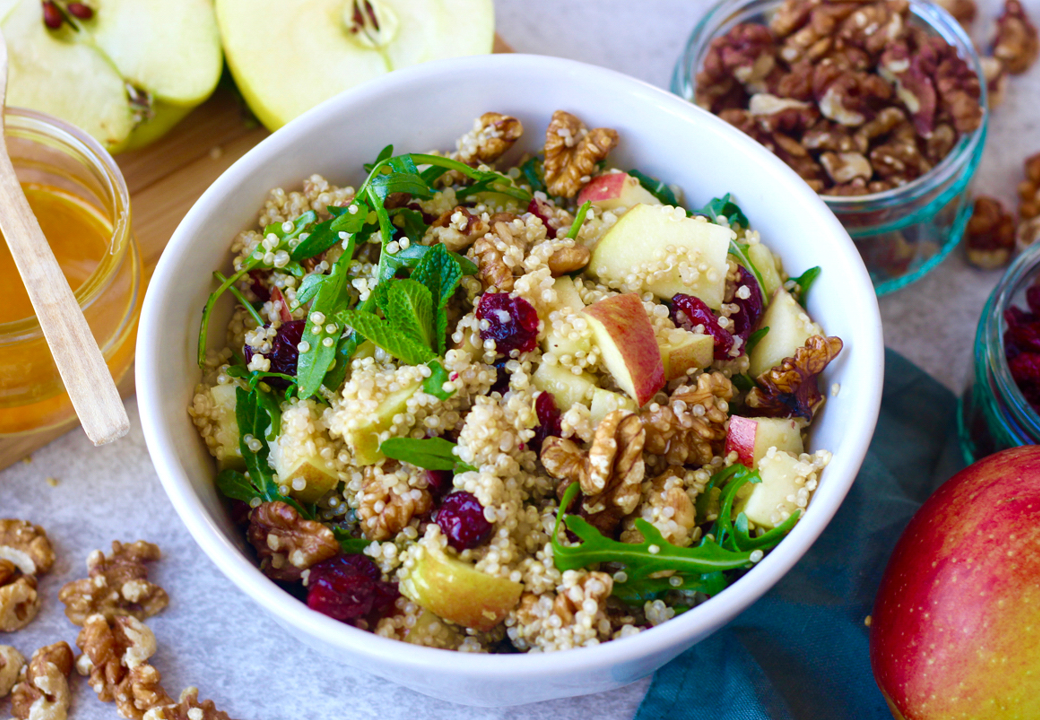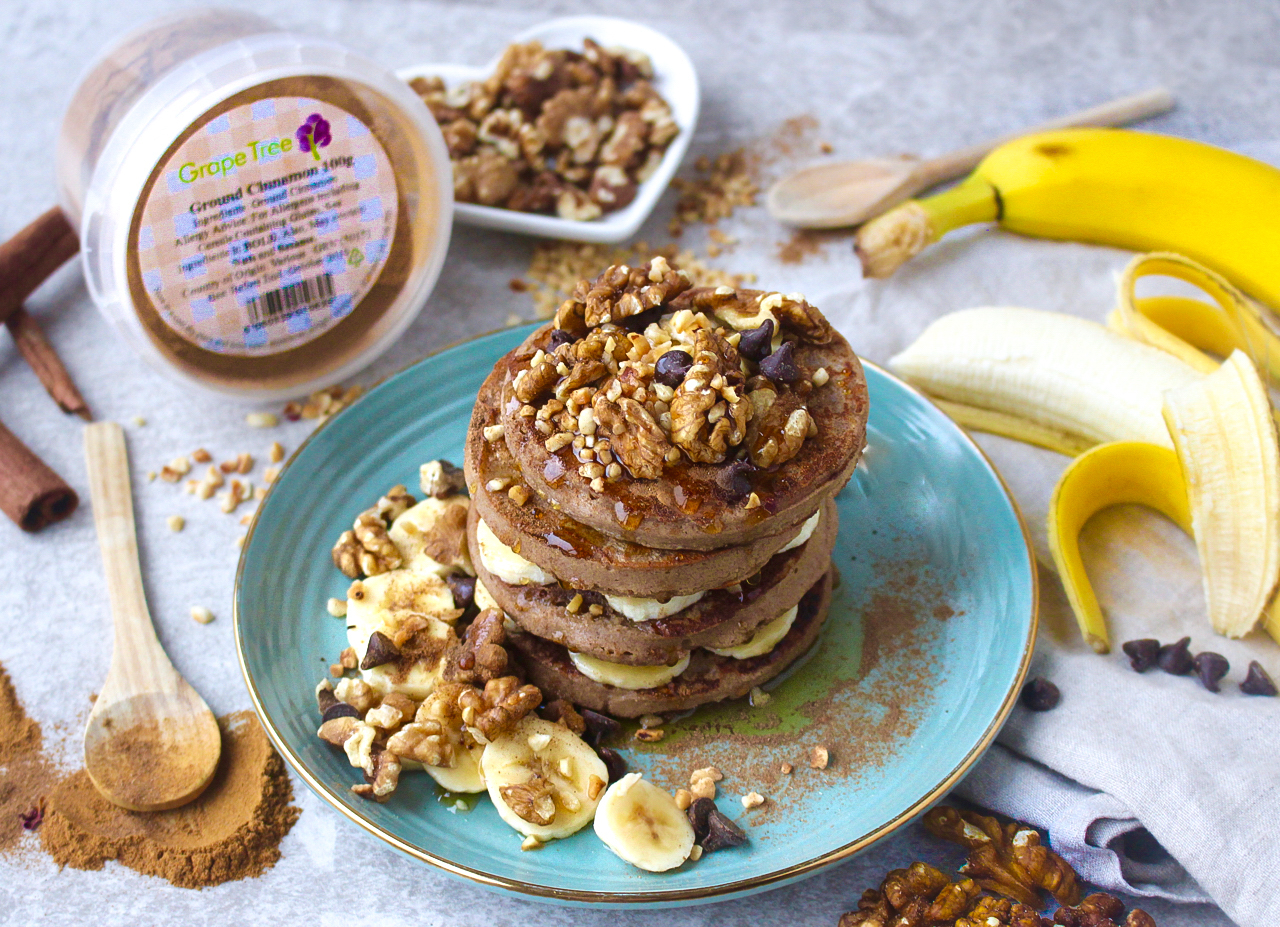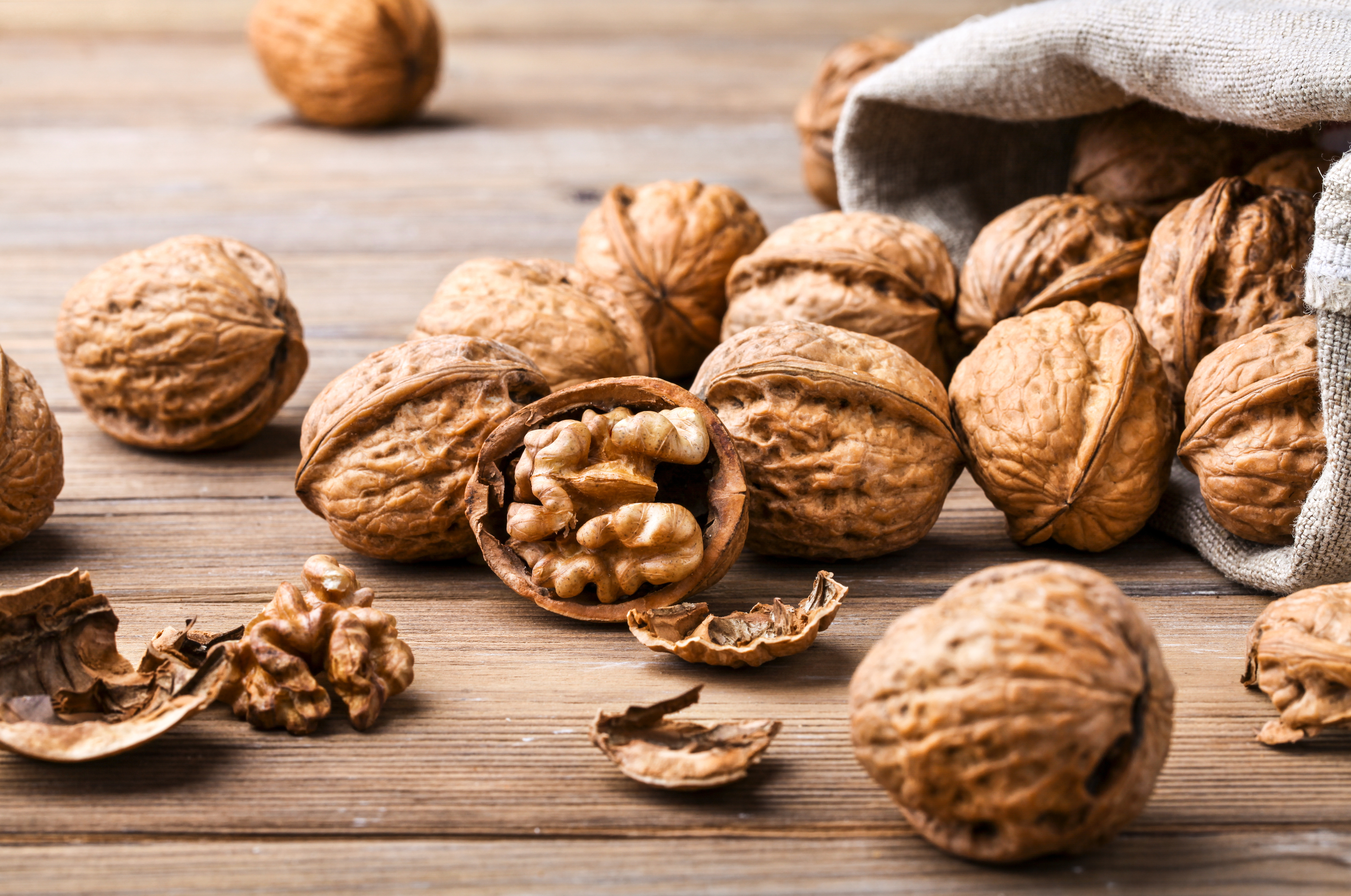
Why Walnuts are Cracking
The humble walnut, that crunchy, tasty whole food much-loved combined with coffee in a cake, is the oldest tree food known to man - dating back to 7,000BC.
Modern scientific research has long since established the walnut as an effective and vital food packed with a list of key nutrients.
In the superfood stakes this is one tough nut to ignore when it comes to delivering far reaching health benefits.
Here are facts about walnuts that might make you consider its place and versatility as part of your diet.
1 HEART HEALTH
Research has indicated that the essential fatty acid, alpha-linolenic acid, may reduce the risk of heart disease and reduce blood clots. The walnut is unique among nuts in that it contains the highest amount of this plant-based omega-3 essential fatty acid ALA. This also makes it one of the best plant-based sources of omega-3s.
2 HARVEST TIME
Walnuts form on trees that can grow up to 30m tall. Harvests are usually in September when the ripe nut falls to the ground after the green outer shell bursts open. After harvesting, they are washed and dried before being allowed to dry in an airy environment. They can be stored for up to eight months but once dried should be kept in low humidity.
3 GLOWING
SKIN Consuming walnut oil in salad dressings and other cold dishes can boost your intake of the essential fatty acids which are vital to a healthy skin. Abundant omega-3 acids convert into the key components needed to form the structure of your skin as well as omega-6, which is the predominant fatty acid present in the outer layer of your skin.
4 A SLICE OF NOSTALGIA
Both the ancient Greeks and Romans understood the value of the walnut and its special health benefits. This versatile staple is ubiquitous even today as it appears in almost every cafe across the UK as a partner in crime with coffee in delicious cakes. The good news is the hidden health boost, the bad is the calories in the sweet treat.
5 NUTRITIONAL POWERHOUSE
A serving of just seven whole or 14 halved walnuts is overflowing with nutrients essential for good health. As well as essential ALA/omega-3 fatty acids, this small amount provides protein and fibre, which are also a great source of magnesium and phosphorus that can benefit muscle function and bone mass, respectively.
6 WAISTLINE FRIENDLY
Adding walnuts to your diet can reduce the fat around your middle. Researchers have found that due to the walnut’s protein, fibre and fat content and used as part of a controlled diet, people have felt fuller for longer. This reduces the desire to snack.
7 CANCER PREVENTION
Walnuts are a rich source of essential plant compounds which have anti-cancer properties. Research by the Catalan Institute of Oncology in Barcelona found that nuts can have a positive effect on some cancers of the gut. This may suggest that they can be useful as part of a cancer-preventive diet.
8 BRAIN BOOSTER
Not only does a walnut look like a little brain it is thought that it may work wonders on this organ. Preliminary studies showed that just a small number of walnuts could reverse age-related cognitive decline in animals. A further study suggested adding walnuts to the diets of mice helped slow the progression of Alzheimer’s disease.
9 AND FINALLY…
Did you know that you can make milk from walnuts? Here’s how:
WALNUT MILK RECIPE
INGREDIENTS
- 1 cup of walnut halves, rinsed
- 3 cups of water
- Pinch of salt
- 1 teaspoon vanilla extract
METHOD
- Place walnuts in a bowl and cover with water by an inch. Leave at room temperature for between one to 12 hours.
- Drain the walnuts and rinse.
- Combine the walnuts, water, salt and vanilla extract and blend for at least two minutes.
Serve chilled.
COOK’S TIP: You can strain this through a coffee filter to make it smoother and it will last for up to five days in the fridge.
Walnuts can produce an allergic reaction, seek medical advice if you think this may affect you.
